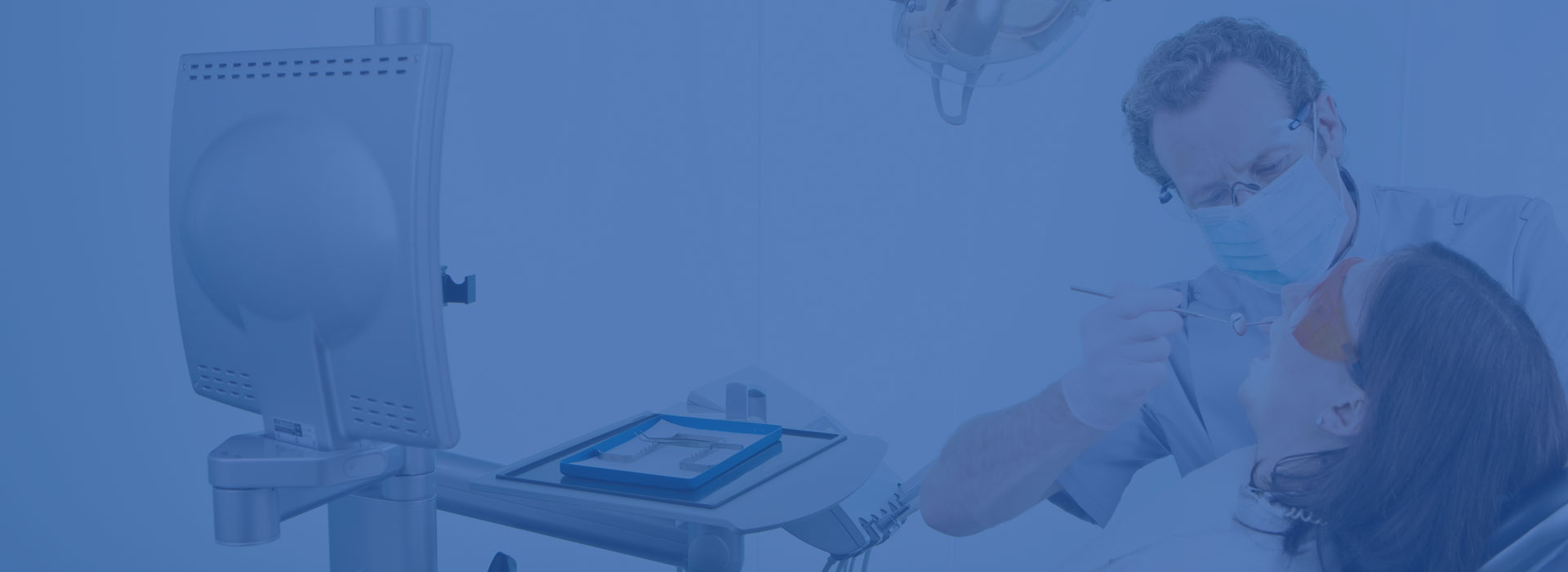- English
- Español
- Português
- русский
- Français
- 日本語
- Deutsch
- tiếng Việt
- Italiano
- Nederlands
- ภาษาไทย
- Polski
- 한국어
- Svenska
- magyar
- Malay
- বাংলা ভাষার
- Dansk
- Suomi
- हिन्दी
- Pilipino
- Türkçe
- Gaeilge
- العربية
- Indonesia
- Norsk
- تمل
- český
- ελληνικά
- український
- Javanese
- فارسی
- தமிழ்
- తెలుగు
- नेपाली
- Burmese
- български
- ລາວ
- Latine
- Қазақша
- Euskal
- Azərbaycan
- Slovenský jazyk
- Македонски
- Lietuvos
- Eesti Keel
- Română
- Slovenski
- मराठी
- Srpski језик
What are the advantages of HOSPITAL Autoclaves?
2023-06-16
Hospital autoclaves, also known as medical sterilizers, offer several advantages and benefits in healthcare settings. Here are some of the advantages of hospital autoclaves:
 Effective Sterilization: Autoclaves provide highly effective sterilization, eliminating bacteria, viruses, fungi, and other microorganisms from medical instruments, equipment, and supplies. The high temperature and pressure inside the autoclave create an environment that destroys pathogens, ensuring the safety and prevention of infections in the healthcare facility.
Effective Sterilization: Autoclaves provide highly effective sterilization, eliminating bacteria, viruses, fungi, and other microorganisms from medical instruments, equipment, and supplies. The high temperature and pressure inside the autoclave create an environment that destroys pathogens, ensuring the safety and prevention of infections in the healthcare facility.
Wide Range of Applications: Hospital autoclaves are versatile and can be used to sterilize a wide range of items, including surgical instruments, laboratory equipment, glassware, textiles, and even certain types of waste. They offer a comprehensive solution for the sterilization needs of different departments within a hospital or healthcare facility.
Speed and Efficiency: Autoclaves are designed to provide rapid sterilization cycles, allowing healthcare professionals to quickly process instruments and equipment when needed. Compared to other sterilization methods, such as chemical disinfection or dry heat, autoclaves offer faster turnaround times, ensuring a more efficient workflow in healthcare settings.
Safety and Reliability: Hospital autoclaves are built with safety features to protect healthcare workers and patients. They include mechanisms to control temperature, pressure, and cycle times, ensuring proper sterilization while minimizing the risk of accidents or malfunctions. Autoclaves are reliable devices that undergo rigorous testing and quality control measures to ensure consistent performance.
Cost-Effectiveness: Investing in hospital autoclaves can lead to long-term cost savings for healthcare facilities. Autoclaves eliminate the need for disposable single-use items, such as sterile packs or pre-sterilized instruments, reducing ongoing expenses. They also reduce the reliance on outsourcing sterilization services, which can be costly, particularly for high-volume facilities.
Environmental Friendliness: Autoclaves offer an environmentally friendly sterilization method compared to chemical disinfection methods. Autoclave sterilization does not involve the use of harmful chemicals, reducing the impact on the environment and minimizing the need for proper disposal of chemical waste.
Quality Control and Traceability: Hospital autoclaves often include features for documenting and tracking sterilization cycles. This enables healthcare facilities to maintain comprehensive records of sterilization processes, ensuring compliance with regulatory standards and facilitating quality control audits. The ability to track and trace sterilization cycles enhances patient safety and supports accountability.
Customization and Flexibility: Hospital autoclaves come in different sizes and configurations to meet the specific needs of healthcare facilities. They can be customized to accommodate various load sizes, instrument types, and sterilization requirements. This flexibility allows hospitals to optimize their sterilization processes based on their unique workflows and demands.
It's important to note that proper training, maintenance, and adherence to sterilization guidelines are essential to ensure the effective and safe use of hospital autoclaves. Healthcare facilities should follow manufacturer recommendations and regulatory guidelines to maximize the benefits and performance of autoclaves in sterilization practices.

Wide Range of Applications: Hospital autoclaves are versatile and can be used to sterilize a wide range of items, including surgical instruments, laboratory equipment, glassware, textiles, and even certain types of waste. They offer a comprehensive solution for the sterilization needs of different departments within a hospital or healthcare facility.
Speed and Efficiency: Autoclaves are designed to provide rapid sterilization cycles, allowing healthcare professionals to quickly process instruments and equipment when needed. Compared to other sterilization methods, such as chemical disinfection or dry heat, autoclaves offer faster turnaround times, ensuring a more efficient workflow in healthcare settings.
Safety and Reliability: Hospital autoclaves are built with safety features to protect healthcare workers and patients. They include mechanisms to control temperature, pressure, and cycle times, ensuring proper sterilization while minimizing the risk of accidents or malfunctions. Autoclaves are reliable devices that undergo rigorous testing and quality control measures to ensure consistent performance.
Cost-Effectiveness: Investing in hospital autoclaves can lead to long-term cost savings for healthcare facilities. Autoclaves eliminate the need for disposable single-use items, such as sterile packs or pre-sterilized instruments, reducing ongoing expenses. They also reduce the reliance on outsourcing sterilization services, which can be costly, particularly for high-volume facilities.
Environmental Friendliness: Autoclaves offer an environmentally friendly sterilization method compared to chemical disinfection methods. Autoclave sterilization does not involve the use of harmful chemicals, reducing the impact on the environment and minimizing the need for proper disposal of chemical waste.
Quality Control and Traceability: Hospital autoclaves often include features for documenting and tracking sterilization cycles. This enables healthcare facilities to maintain comprehensive records of sterilization processes, ensuring compliance with regulatory standards and facilitating quality control audits. The ability to track and trace sterilization cycles enhances patient safety and supports accountability.
Customization and Flexibility: Hospital autoclaves come in different sizes and configurations to meet the specific needs of healthcare facilities. They can be customized to accommodate various load sizes, instrument types, and sterilization requirements. This flexibility allows hospitals to optimize their sterilization processes based on their unique workflows and demands.
It's important to note that proper training, maintenance, and adherence to sterilization guidelines are essential to ensure the effective and safe use of hospital autoclaves. Healthcare facilities should follow manufacturer recommendations and regulatory guidelines to maximize the benefits and performance of autoclaves in sterilization practices.



